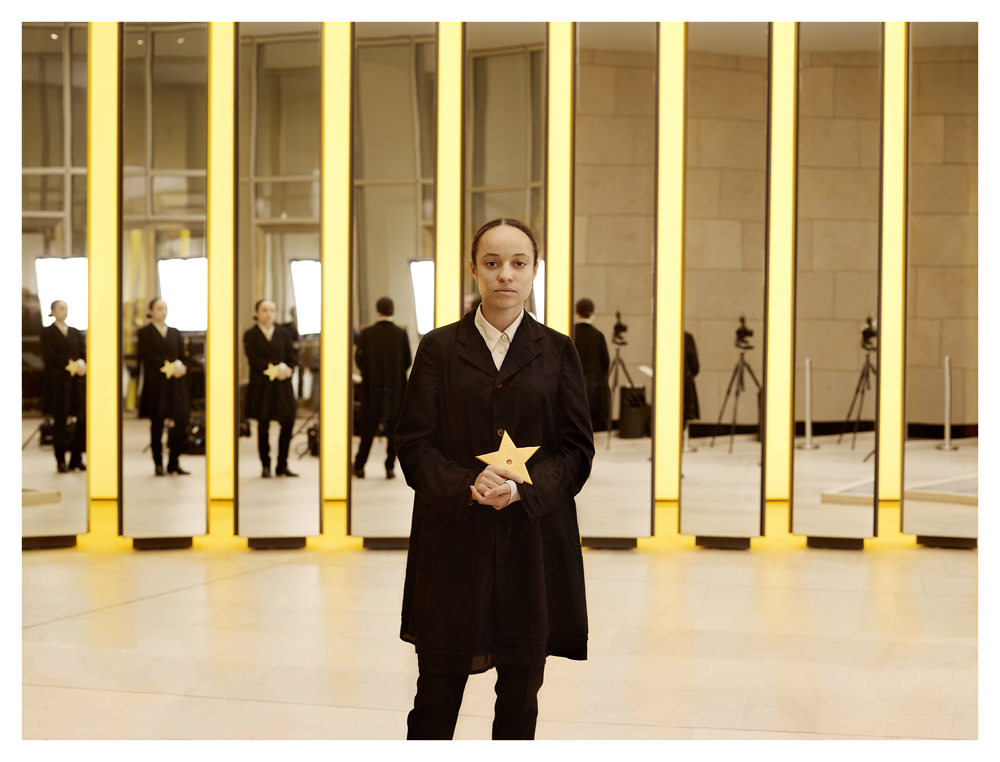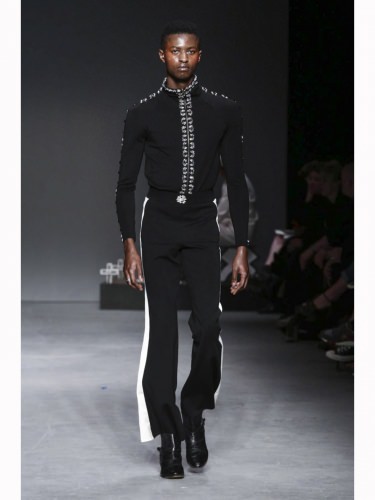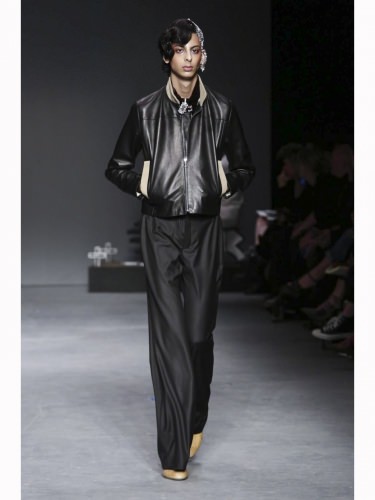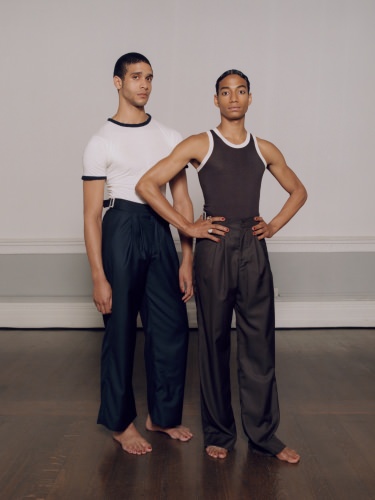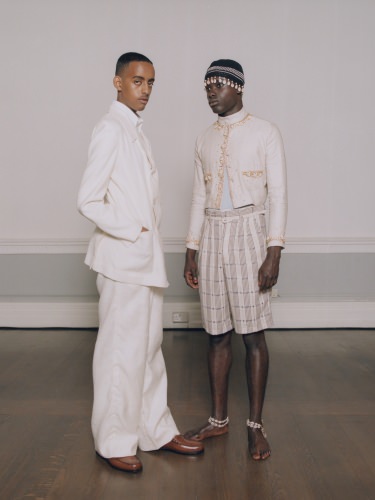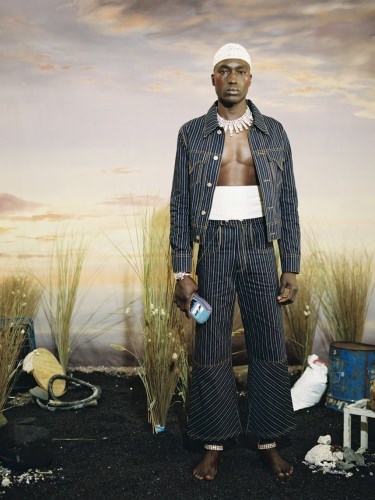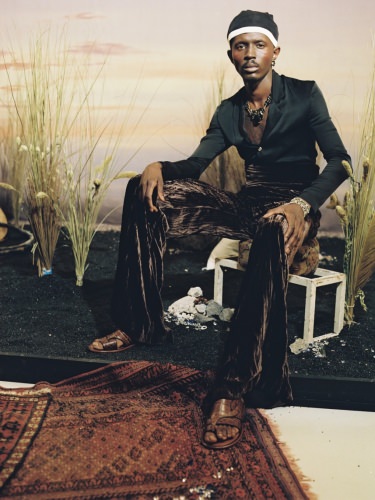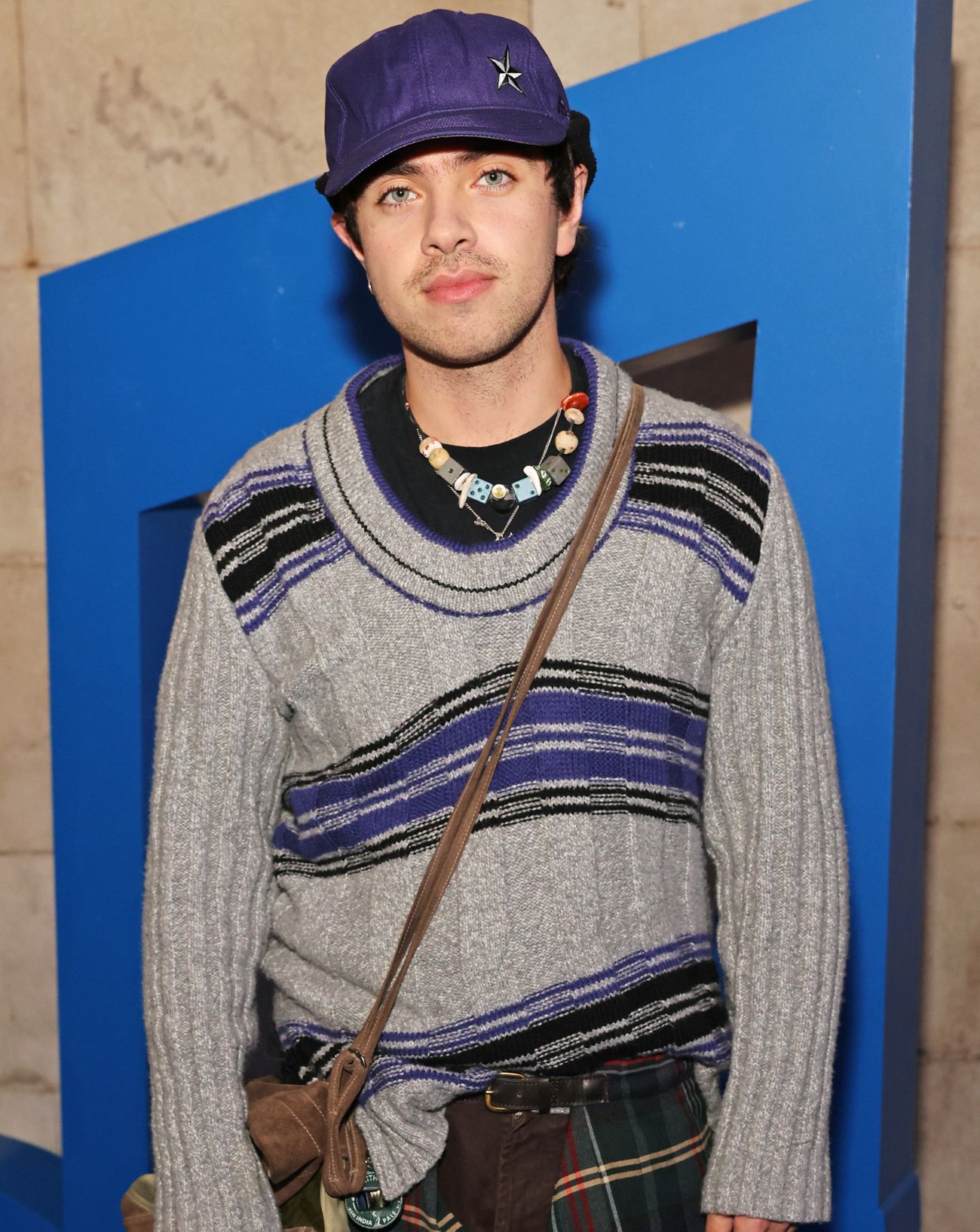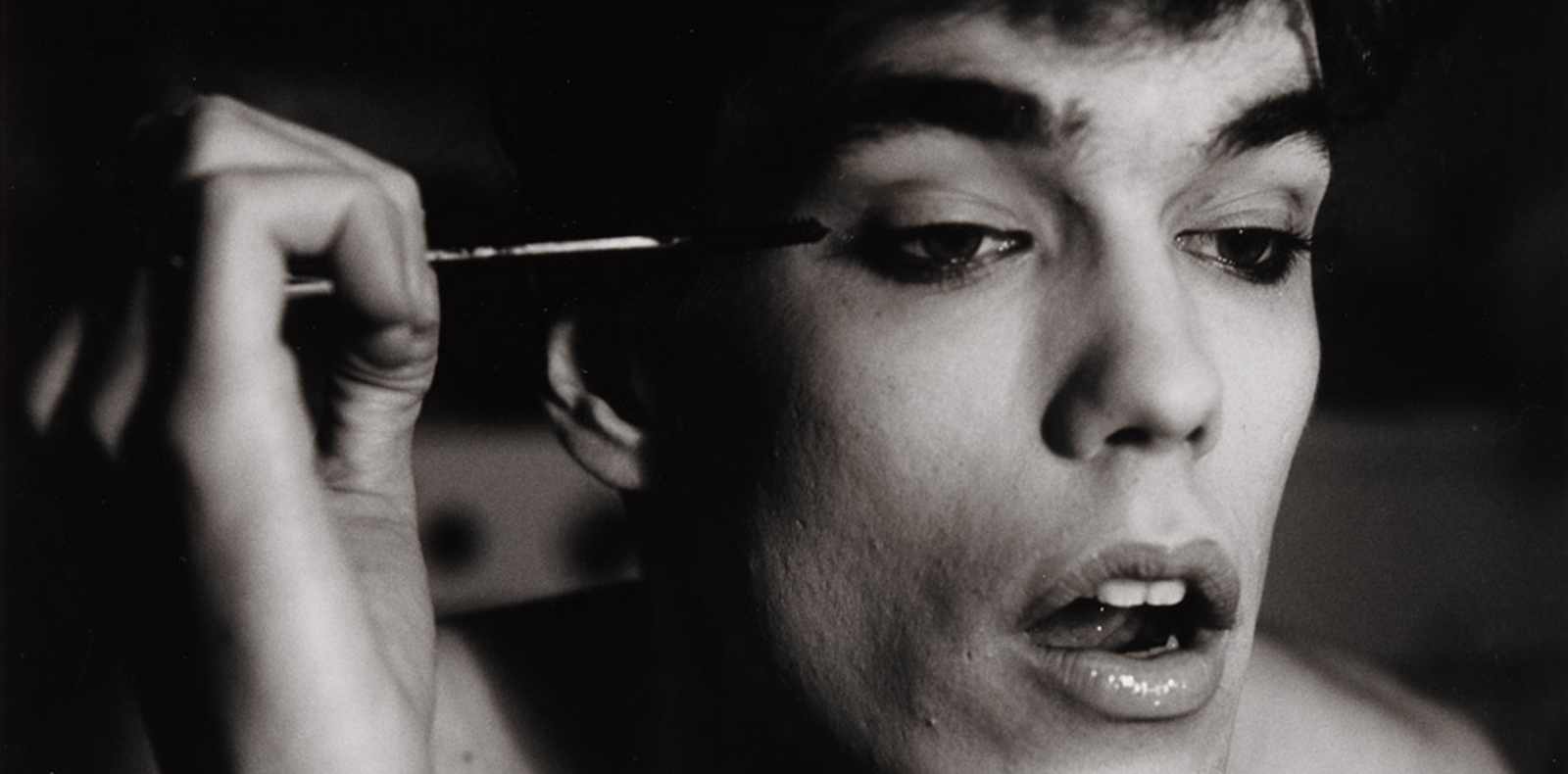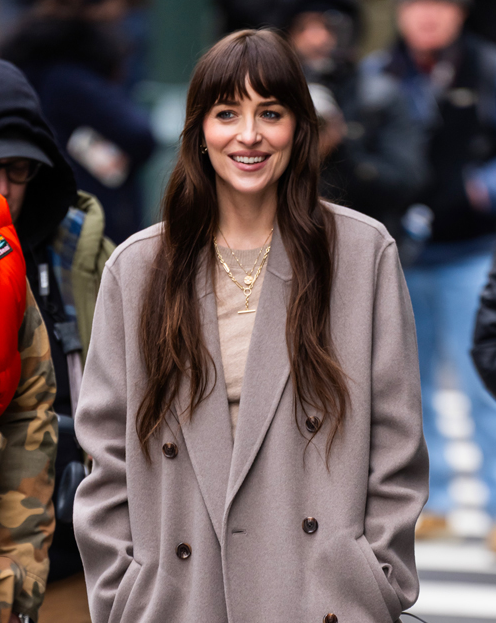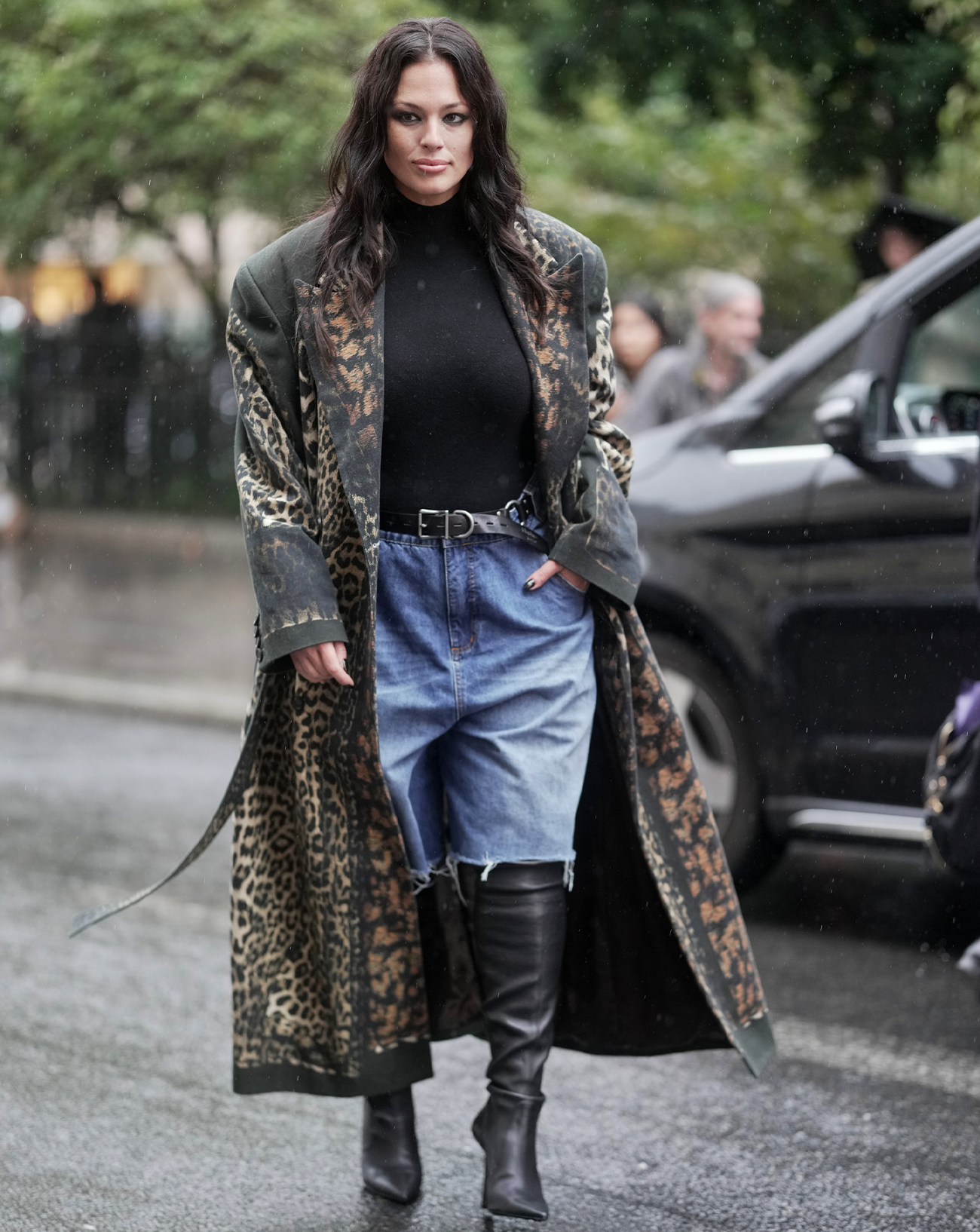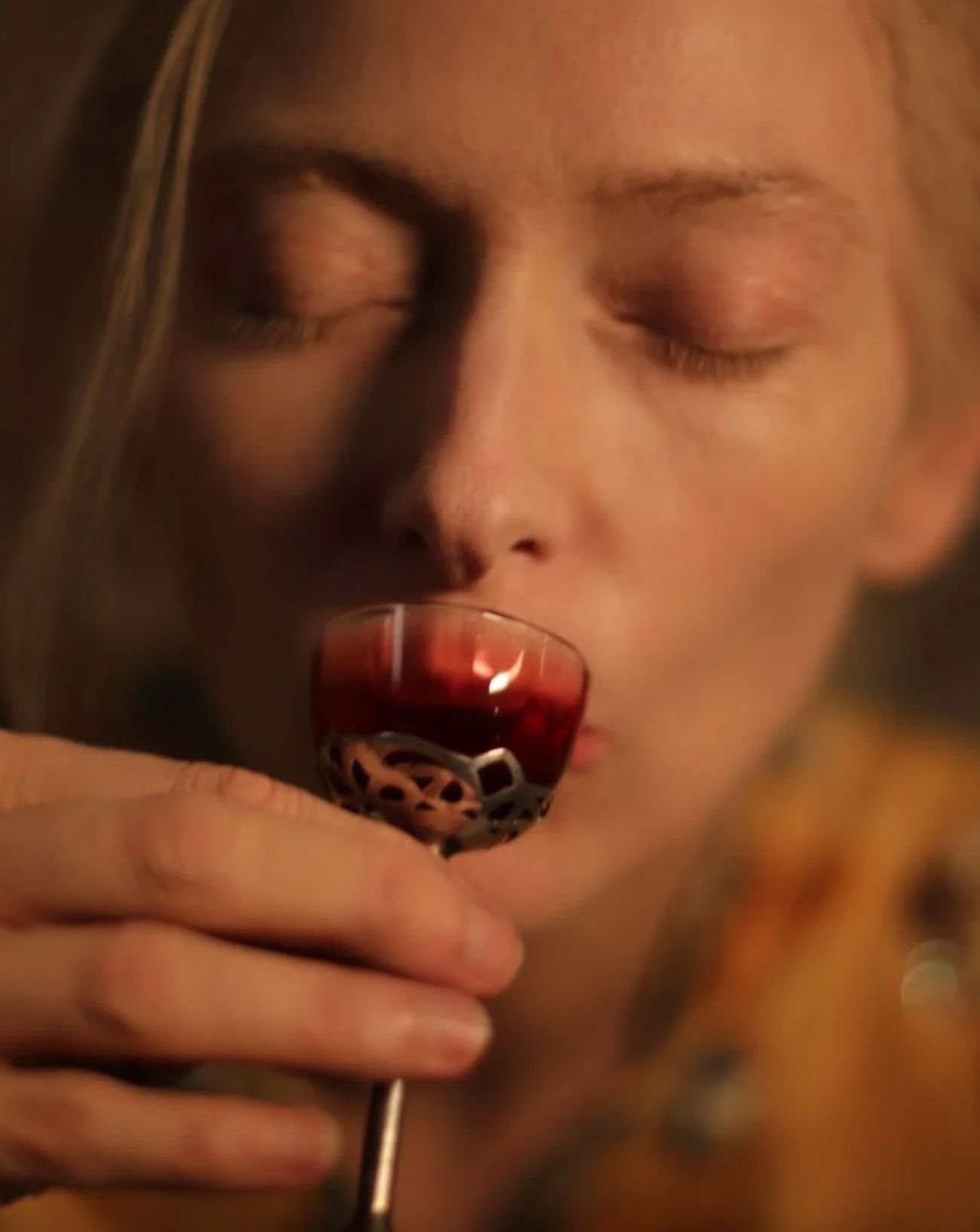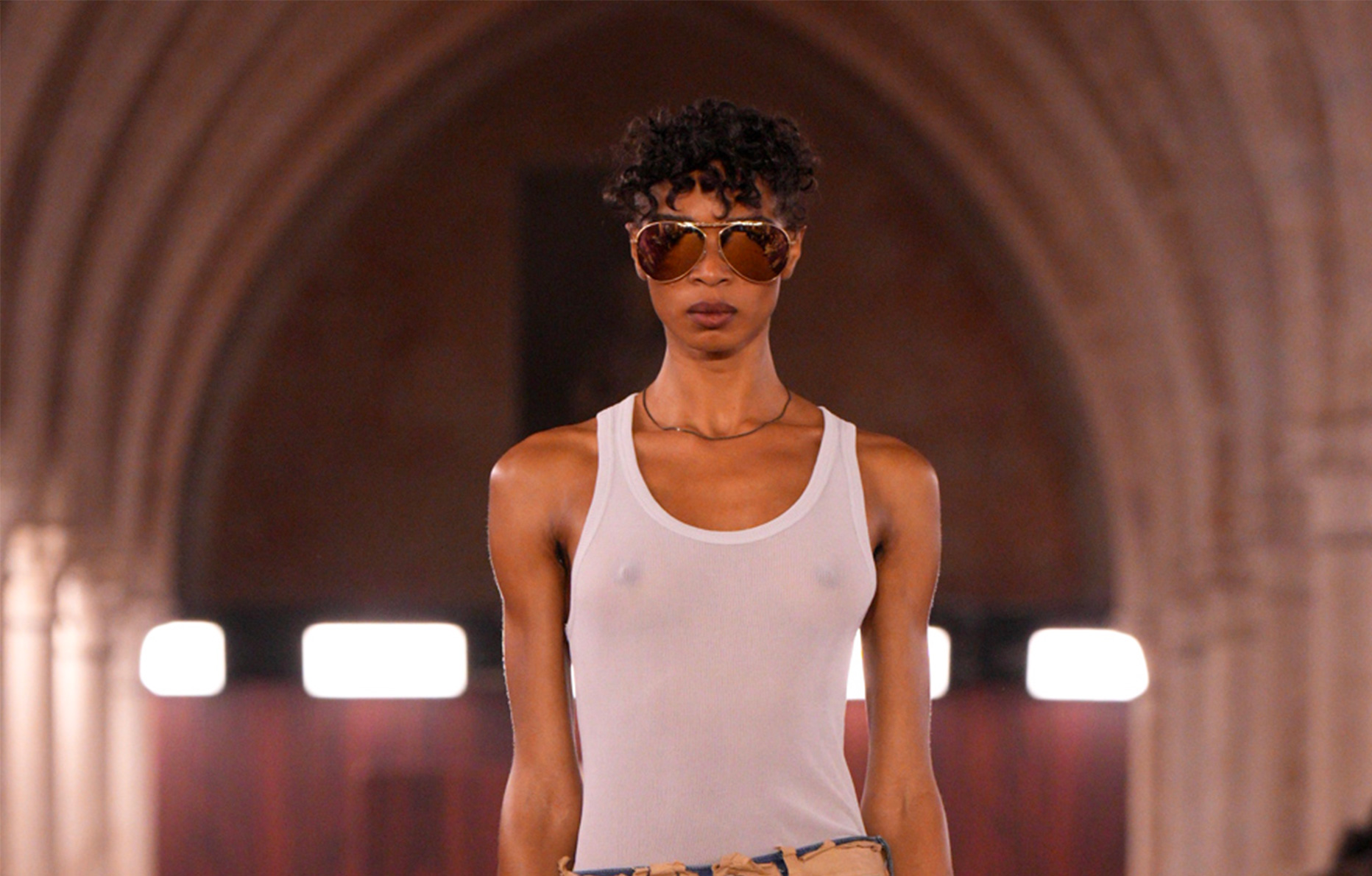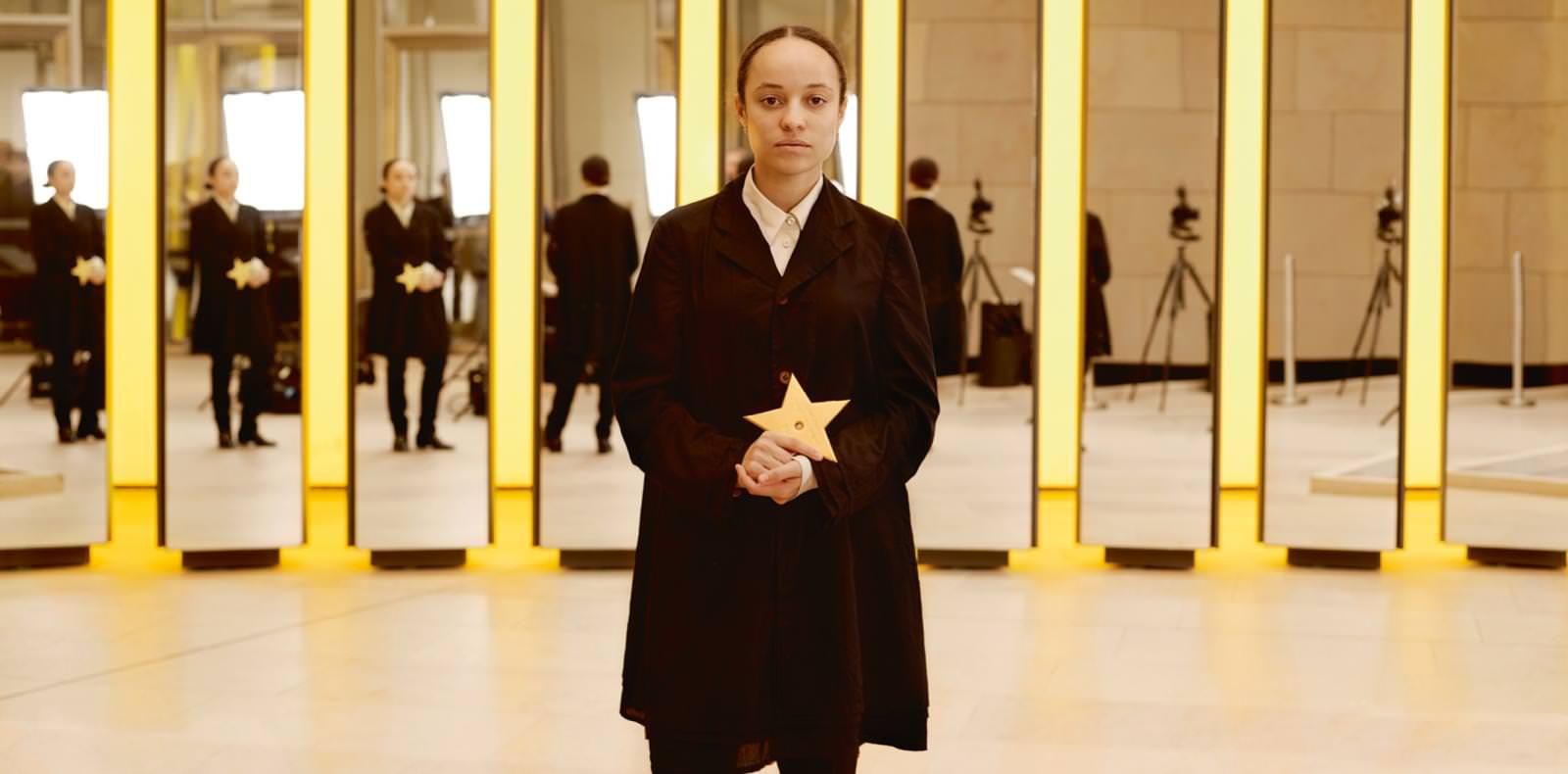
2
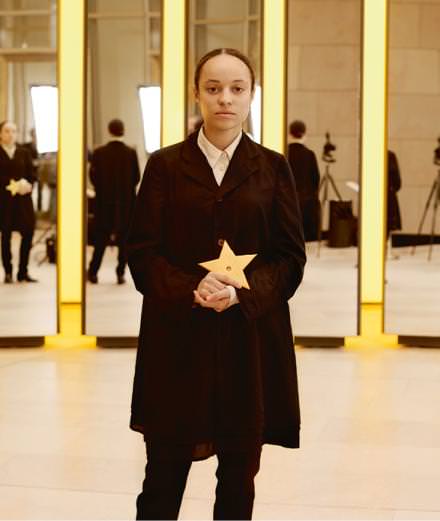
2
Meet Grace Wales Bonner, winner of the 2016 LVMH Prize
Who is Grace Wales Bonner, young Londoner who seduced the prestigious jury? Numéro caught up with this talented woman at the LVMH prize-giving ceremony.
Portrait : Cédric Delsaux,
Interview : Delphine Roche.
She’s only 25 years old but her maturity is astonishing. Winner of the 2016 LVMH prize, Grace Wales Bonner seduced the prestigious jury – made up of all the group’s artistic directors – with a committed discourse far from the norm. Having graduated from Central Saint Martin’s in 2014, this young Londoner with Jamaican origins conceives her fashion in resonance with a reflection that goes way beyond the image of black men in our western contemporary society. Ever since her first runway show in 2015 as part of the Fashion East program, her menswear collections mix African and European influences with her own artistic work: videos, texts, collages assembled in her magazine entitled Everythings for Real. Numéro caught up with this young woman at the LVMH prize-giving ceremony.
Numéro: Beyond fashion, you’re also an artist. What’s the relationship between your research work and collections?
Grace Wales Bonner: It’s true my world doesn’t stop at fashion. I always start with a broader issue and then I look for how I can translate my ideas. I never close any doors. I concentrate on the way I can translate these references in a final piece. You have to be very precise. In this way I think my artistic work and my collections nourish each other.
Do you see clothing as a social sign?
Absolutely. The more I concentrate on fashion, the more I realise the extent to which clothing is a vector of communication. Getting dressed is an act full of emotion and meaning. I want my clothes to reflect that. What motivates me most is to give a broader vision to black culture, and to open a debate on masculine beauty.
Black culture is poorly represented in fashion, and often treated with clichés. How do you position yourself in relation to that?
Showing black people or dealing with black culture shouldn’t be used as a gadget or a trend. This question has always been crucial to me. I started doing fashion because current representations of black people have no resonance with the reality of my life. I wanted to show an image of beauty, sophistication and dignity that I couldn’t find anywhere else.
I guess there’s no chance of you reifying your models.
Certainly not. I’m very involved with my casting. I talk to my models a lot; I draw inspiration from their feelings when I conceive my clothes. I work with the same people season after season. I highlight the natural allure and the personality of each individual. I want to show the boys of today because they’re the ones that inspire me.
Do your references come from fashion?
Most come from other disciplines. I’m particularly inspired by the painter Kerry James Marshall. He paints black people according to the conventions of classic portraiture emphasising their power, their dignity and beauty. The canvases are commercially successful and they’re big in size so when you hang one in your apartment, it really does occupy the space. Suddenly black people who have been sub-represented take on a dominating dimension. It’s like a subversive strategy and I find that really interesting.
What importance do you give the beauty of your clothes that combine African and European influences?
I place great importance on the making and the quality of the pieces. When you’re a young designer you have to work hard at persuading factories and craftsmen to join you. So I really sought out people who believed in my project and wanted to support it. With this prize I’ve just won, I’ll be able to improve the quality of my pieces and explore so many more possibilities.






